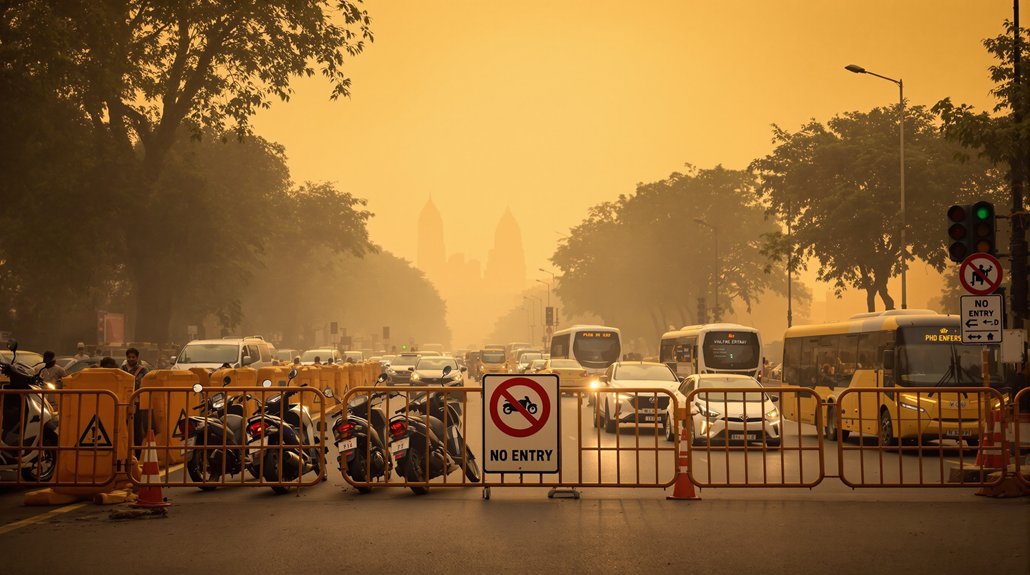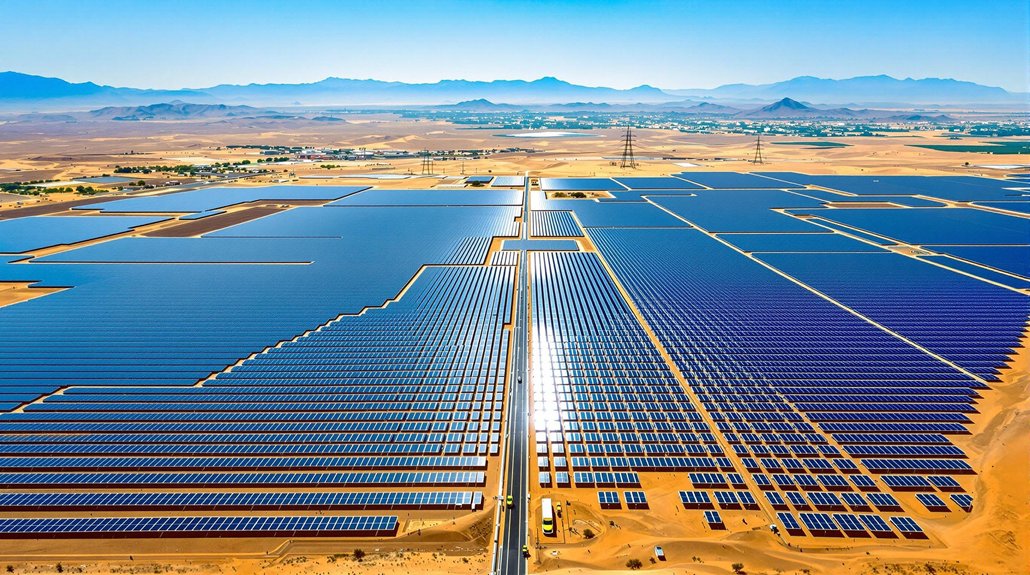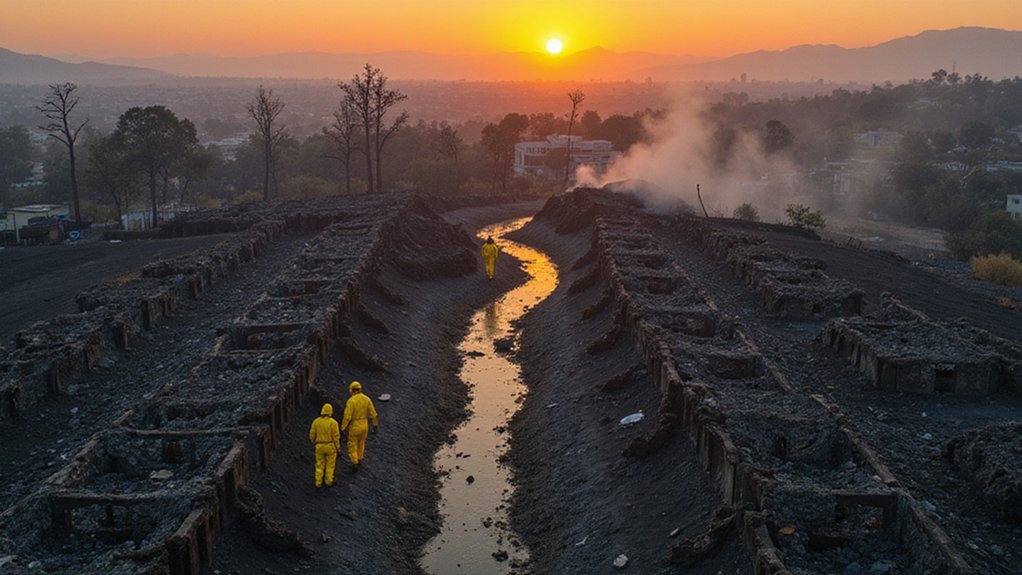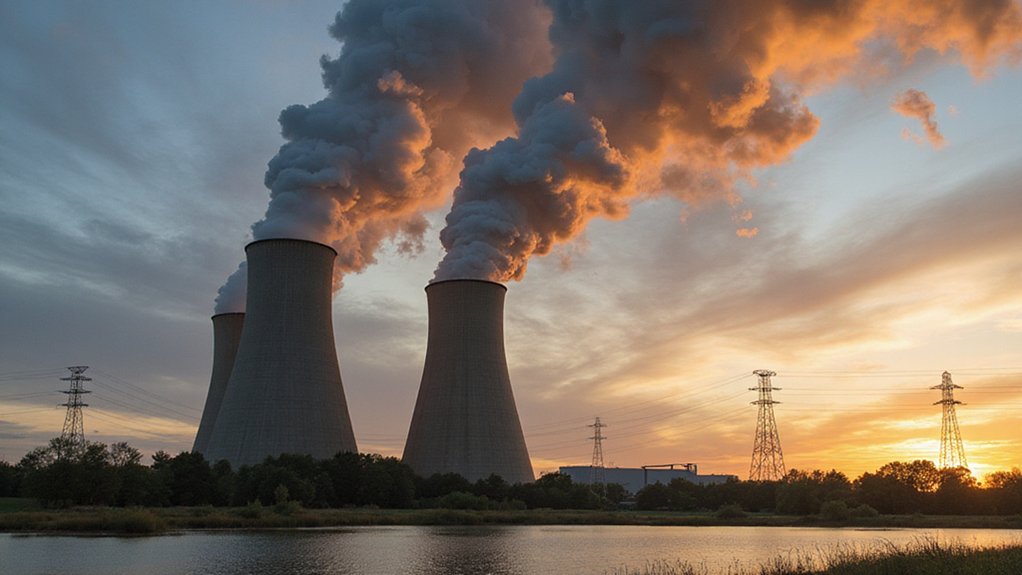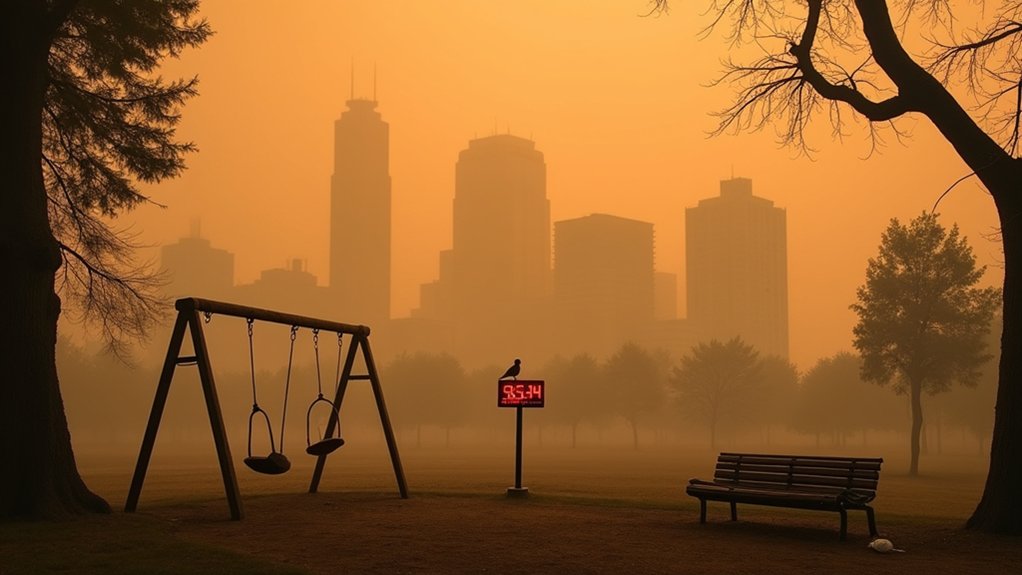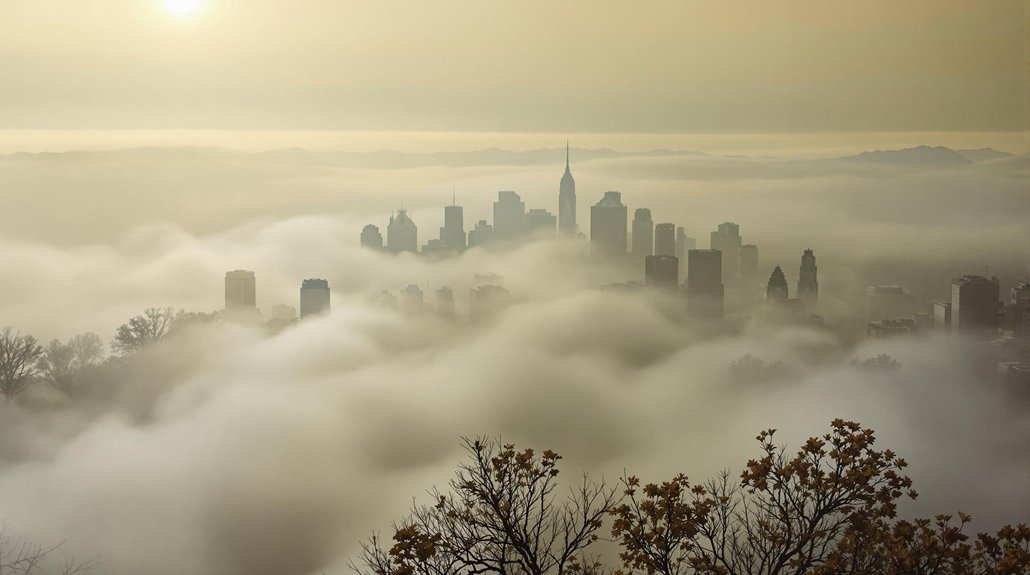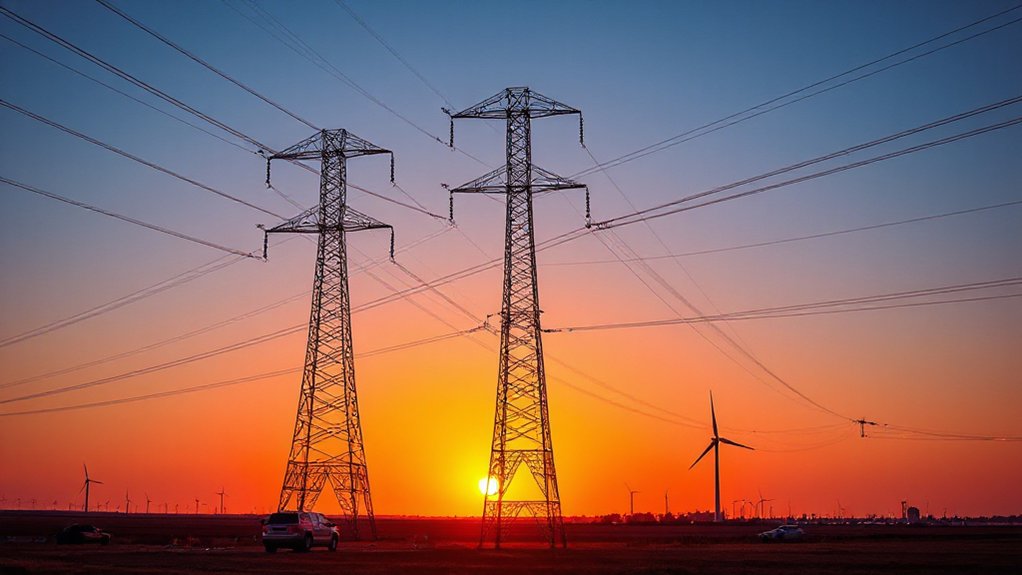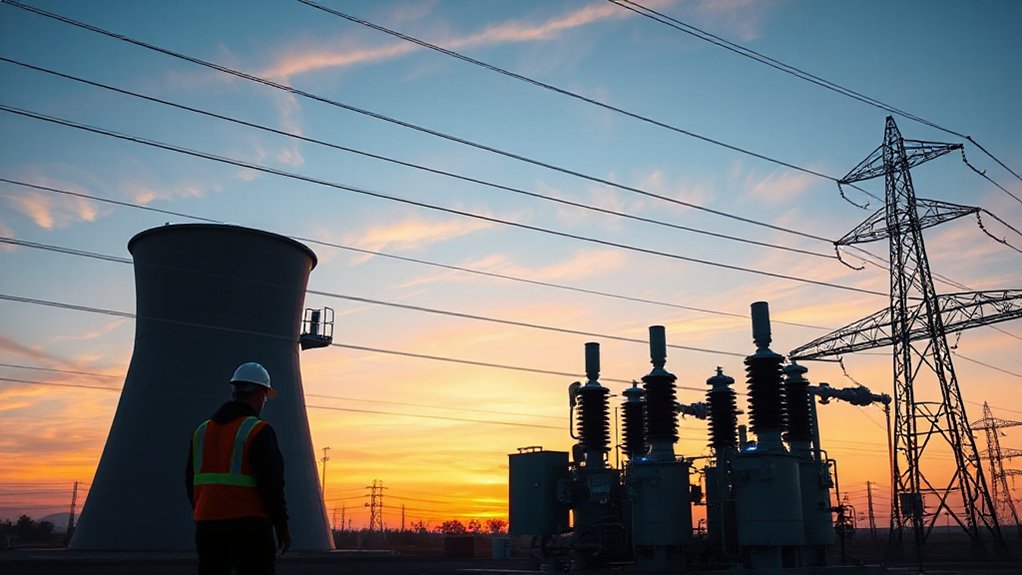Delhi is cracking down hard on polluting vehicles. Starting November 2025, millions of cars will be banned unless they meet strict standards. Petrol vehicles over 15 years old? Gone. Diesel over 10? History. The city’s deploying high-tech cameras to enforce these rules, while simultaneously rolling out 900 electric buses. Nearly 8 million registered vehicles face these new regulations, with a possible complete phase-out of gas and diesel by 2035. Vehicle owners better start planning their next move.
Delhi’s government is waging a full-throttle war against vehicle pollution—and car owners, brace yourselves. The capital city is rolling out what might be the most aggressive anti-pollution measures in India’s history, targeting millions of vehicles currently clogging its streets and choking its air.
Starting November 1, 2025, Delhi will slam its gates shut on vehicles registered outside the city—unless they’re BS-VI diesel, CNG, LNG, or electric goods vehicles. That’s right. Your out-of-town diesel clunker? Banned. The days of freely cruising into the capital are officially numbered.
Delhi’s borders are closing to your out-of-town gas guzzlers. Come November 2025, it’s clean vehicles or nothing.
But wait, there’s more. Got an old car? Too bad. April 2025 brings a complete ban on petrol vehicles older than 15 years and diesel vehicles over 10 years old. And no, you can’t just sneak into a fuel station. High-tech ANPR cameras will spot your ancient jalopy and automatically block fuel sales. Tough luck.
The crackdown extends beyond Delhi proper. Neighboring NCR cities will join the fuel-denial party in phases, with full implementation across the region by April 2026. The message is crystal clear: upgrade or stay parked.
Behind these harsh measures are some sobering statistics. Delhi currently hosts nearly 8 million registered vehicles, with over 2 million private cars alone. Some reports suggest the actual number approaches 12 million vehicles. No wonder the air feels like soup. Transport is recognized as a key contributor to pollution, especially during the winter months when air quality plummets to hazardous levels.
Looking ahead, the capital’s transportation landscape will undergo a dramatic makeover. Over 900 electric buses will hit the streets in 2025, part of a plan to replace 5,000 of the city’s 7,500 buses with low-emission models. This revolution mirrors the global shift toward energy storage systems that support renewable power integration into urban grids. This major initiative aims to tackle the severe air pollution that causes 1.1 million deaths annually in nearby China, a stark warning of what Delhi could face without intervention.
Policy discussions are even underway to phase out all gasoline and diesel vehicles by 2035. The future is electric in Delhi. Or at least, less smoky. For millions of vehicle owners, this means adapt or face being left in the dust—without the option to create more of it.
References
- https://www.dailypioneer.com/2025/pioneer-exclusive/come-winter–welcome-entry-ban-on-all-vehicles-registered-outside-delhi.html
- https://electrek.co/2025/04/05/delhi-ghtful-india-mulls-2035-ice-ban-blocks-fuel-sales-to-older-vehicles/
- https://www.electrive.com/2025/04/04/india-delhi-could-ban-traditional-ice-vehicles-to-curb-pollution/
- https://www.business-standard.com/india-news/delhi-ev-policy-2025-two-wheeler-petrol-cng-ban-auto-125040800428_1.html
- https://munsifdaily.com/ban-on-15-year-old-vehicles-april2025-high-tech-fuel-stations/
